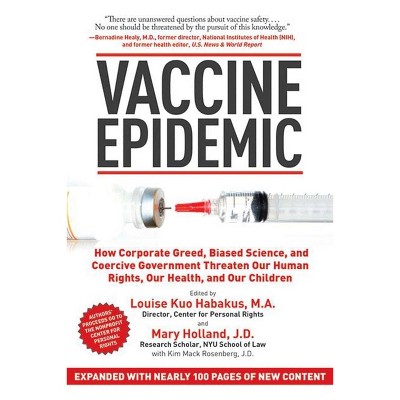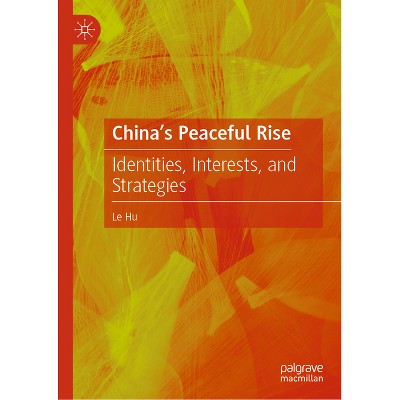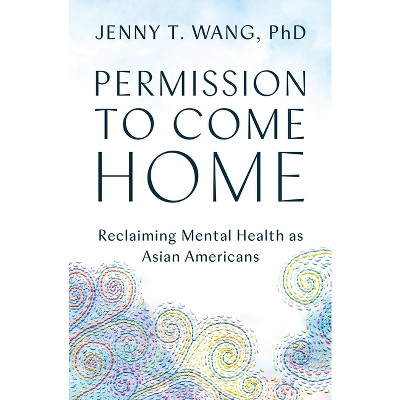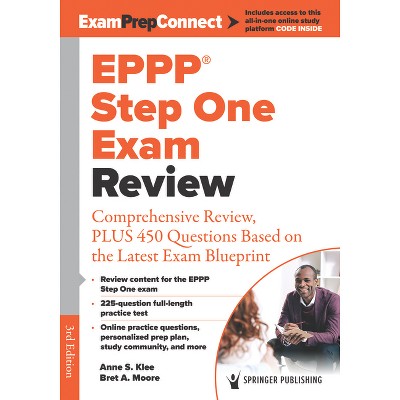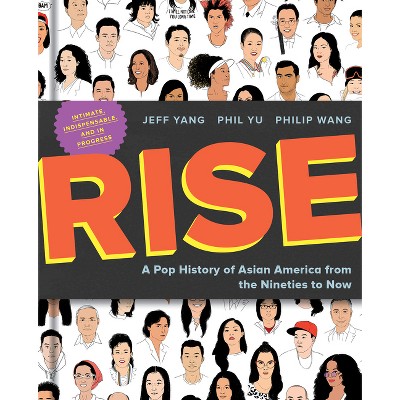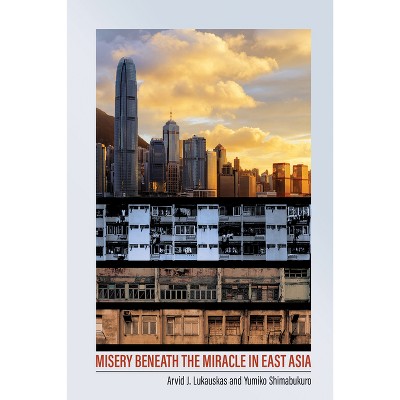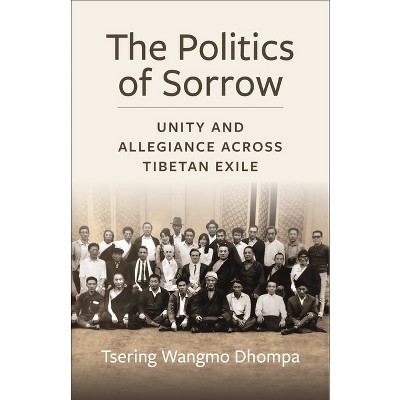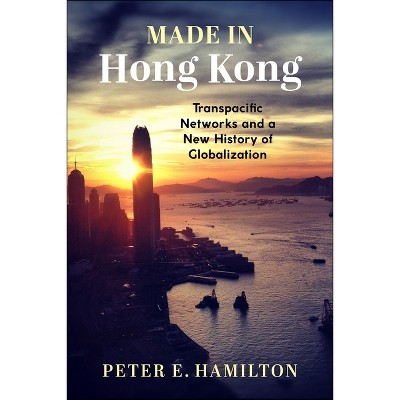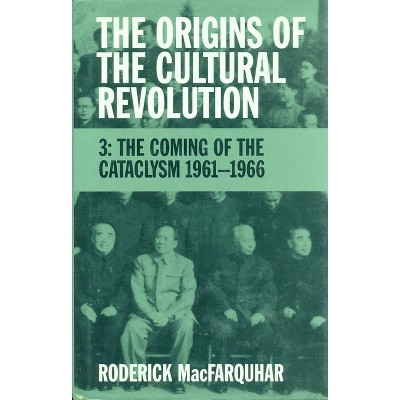Sponsored

Leprosy in China - (Studies of the Weatherhead East Asian Institute, Columbia Un) by Angela Ki Che Leung (Hardcover)
In Stock
Sponsored
About this item
Highlights
- Angela Ki Che Leung's meticulous study begins with the classical annals of the imperial era, which contain the first descriptions of a feared and stigmatized disorder modern researchers now identify as leprosy.
- About the Author: Angela Ki Che Leung received her B.A. degree from Hong Kong University and her doctoral degree at the École des Hautes Études en Sciences Sociales, Paris.
- 392 Pages
- Medical, Health Care Delivery
- Series Name: Studies of the Weatherhead East Asian Institute, Columbia Un
Description
Book Synopsis
Angela Ki Che Leung's meticulous study begins with the classical annals of the imperial era, which contain the first descriptions of a feared and stigmatized disorder modern researchers now identify as leprosy. She then tracks the relationship between the disease and China's social and political spheres (theories of contagion prompted community and statewide efforts at segregation); religious traditions (Buddhism and Daoism ascribed redemptive meaning to those suffering from the disease), and evolving medical discourse (Chinese doctors have contested the disease's etiology for centuries). Leprosy even pops up in Chinese folklore, attributing the spread of the contagion to contact with immoral women.
Leung next places the history of leprosy into a global context of colonialism, racial politics, and "imperial danger." A perceived global pandemic in the late nineteenth century seemed to confirm Westerners' fears that Chinese immigration threatened public health. Therefore battling to contain, if not eliminate, the disease became a central mission of the modernizing, state-building projects of the late Qing empire, the nationalist government of the first half of the twentieth century, and the People's Republic of China. Stamping out the curse of leprosy was the first step toward achieving "hygienic modernity" and erasing the cultural and economic backwardness associated with the disease. Leung's final move connects China's experience with leprosy to a larger history of public health and biomedical regimes of power, exploring the cultural and political implications of China's Sino-Western approach to the disease.Review Quotes
A fascinating and detailed history of leprosy in China.--Daniel Scott "Missiology"
Highly recommended for historians of China and of medicine--David Luesink "Pacific Affairs"
Highly Recommended.-- "Choice"
Leung's complex work stands among the most important books on Chinese medical history... Leprosy in China is a solid piece of scholarship that re-orients the historiography of East Asian medicine in sophisticated ways.-- "Medical History"
What makes Leung's book important and demonstrates why disease histories should be written are the consequences which develop far beyond the medical - consequences that reach into the social, economic, and the political domains of a state, and perhaps spill over into world concern and judgement, not just of the state but of its people.--Ruth L. Meserve "Journal of Asian History"
About the Author
Angela Ki Che Leung received her B.A. degree from Hong Kong University and her doctoral degree at the École des Hautes Études en Sciences Sociales, Paris. She has worked as a research fellow at the Academia Sinica of Taiwan since 1982, teaching in the history department of the National Taiwan University as well. Her primary focus is on the social history of medicine in late imperial China, and she heads a research group on the history of health and hygiene in modern Chinese East Asian societies at the Academia Sinica.Shipping details
Return details
Trending Non-Fiction





